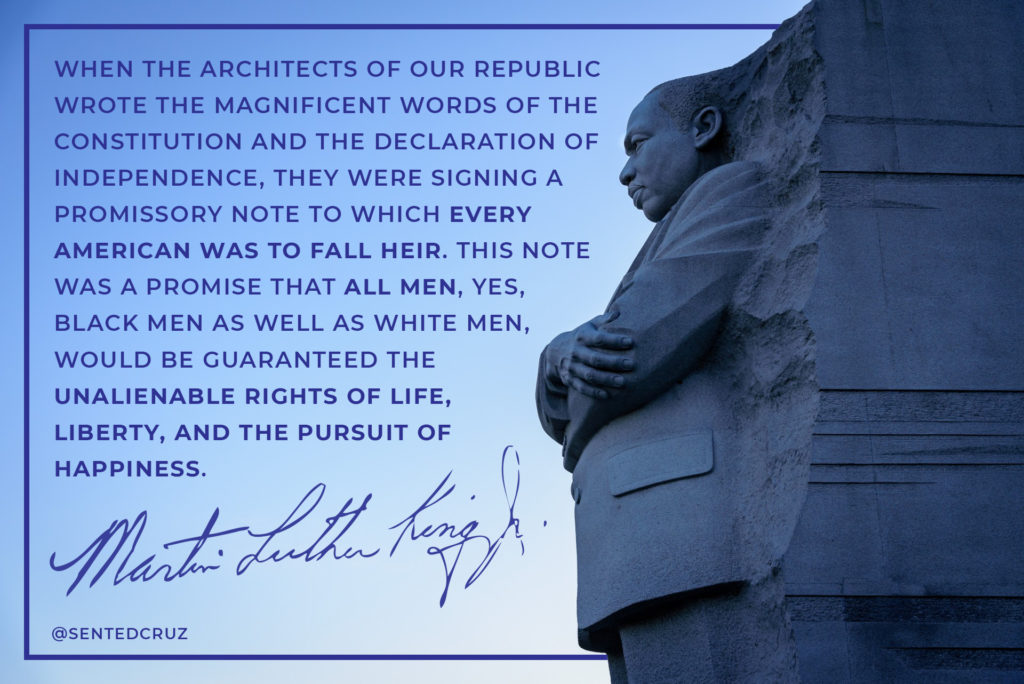Better Ban MLK and His Critical Race Theory

As this Financial Times piece points out, Martin Luther King taught a college course in 1961 and his syllabus would outrage Republicans today:
King the college professor made an impression. One student recalled that King “used the Socratic method and drew out of [the students] what the readings were”. Another remembered “a good debate about Machiavelli and talking about do the ends justify the means”. What Brown, who would lead a major congregation in San Francisco, remembered most was a class on Rousseau’s Social Contract. Graham Prindle, a white student who had quit his job in New York to enrol at Morehouse when he learnt that King was teaching a course, described the experience by invoking “the difference between taking a bath and soaking in the hot spring. The one you do because you have to do it, the other you do because you want to. It is such a pleasure that you keep going back for it. That’s what this class was like: a hot spring of ideas.”
Julian Bond recalled that, “The class was not a strict study of the philosophers . . . we read them — there was an awful lot of reading — but mostly the class would use them as a kind of jumping off point to then talk about the civil rights movement.” Barbara Adams, a student at Spelman College who cross-registered at Morehouse in order to take King’s course, described it as “more like a conversation rather than a lecture”.
A few things are worth noting about King’s remarkable syllabus. The course moves chronologically from antiquity to the mid-19th century, ending with utilitarianism — an ethical system that reduces moral value to the principle of “the greatest good for the greatest number”. The chronological order suggests an evolution in thought that brings us closer and closer to the struggle in which both students and professor were locked.
The fact that the course is called “Social Philosophy I” suggests a second semester, in which readings would come to the present time. What thinkers might King have included in the second semester — Karl Marx? Friedrich Nietzsche? Frederick Douglass? Reinhold Niebuhr? Dietrich Bonhoeffer? Jane Addams? W E B Du Bois? Mahatma Gandhi?
Some of the questions on his final exam give us a sense of the use to which King was putting his thinkers: “Appraise the Student Movement in its practice of law-breaking in light of Aquinas’s Doctrine of Law”; “State and evaluate Aristotle’s theory of slavery”; and “List and evaluate the radical ideas presented in Plato’s Republic”.
Breaking the law? Talking about slavery? Are you telling me that Martin Luther King doesn’t represent the contemporary values of the Republican Party like they claim every MLK Day? Someone better tell Ted Cruz!
